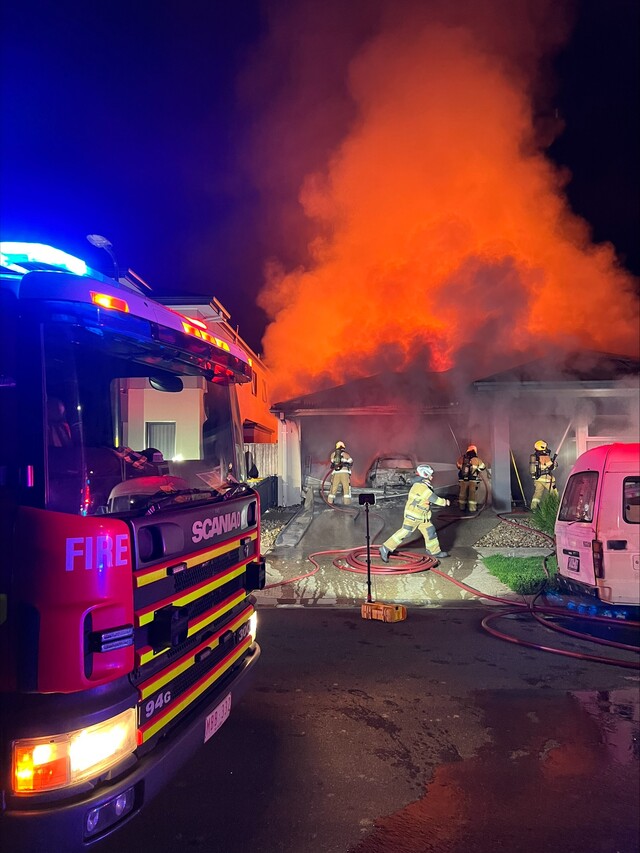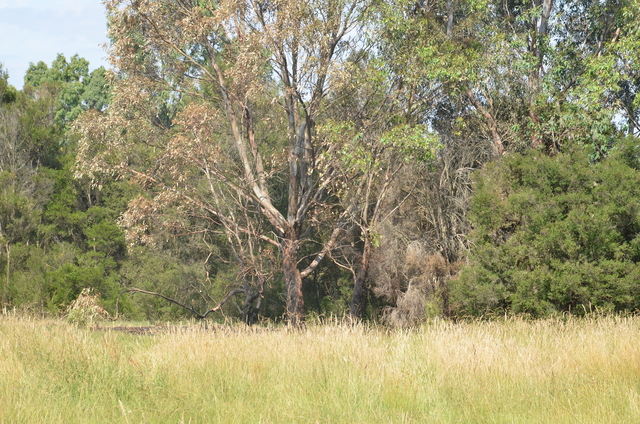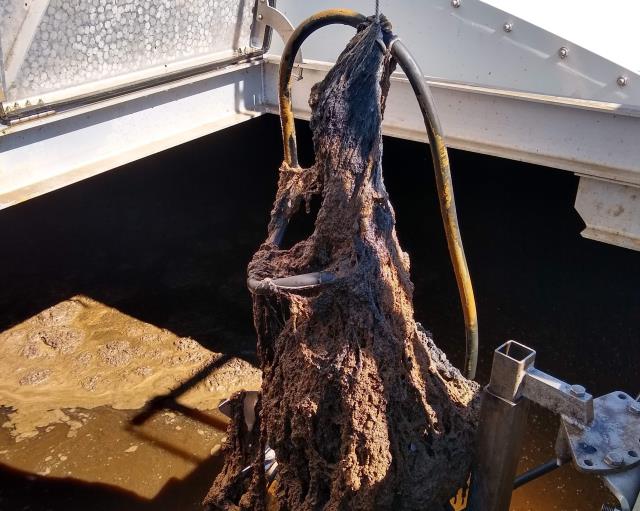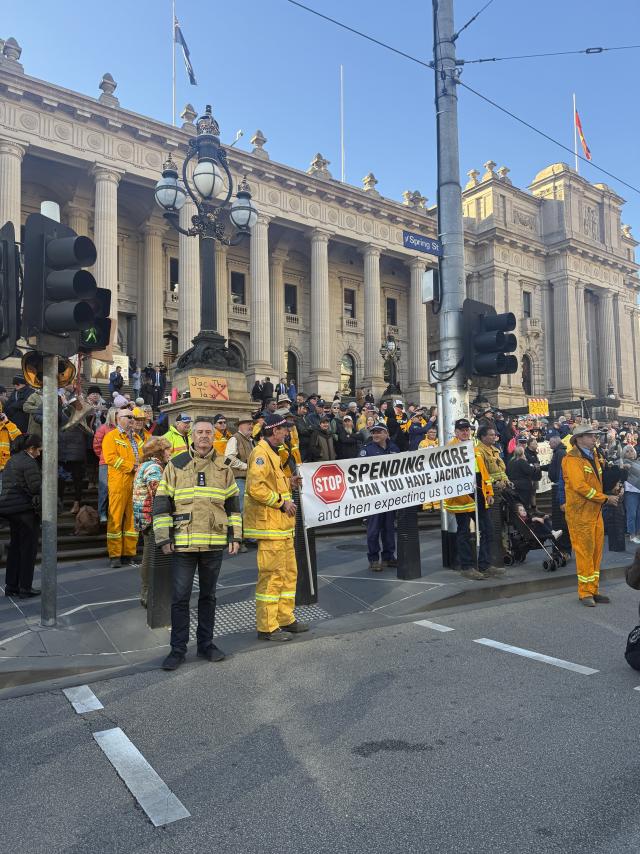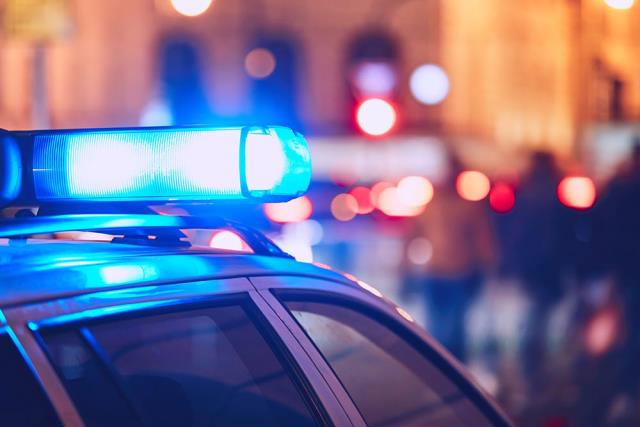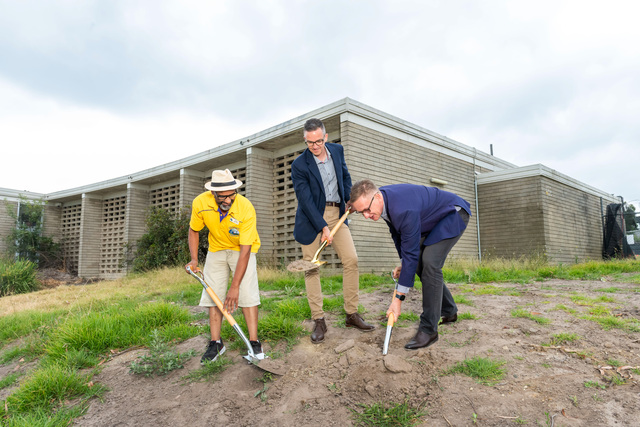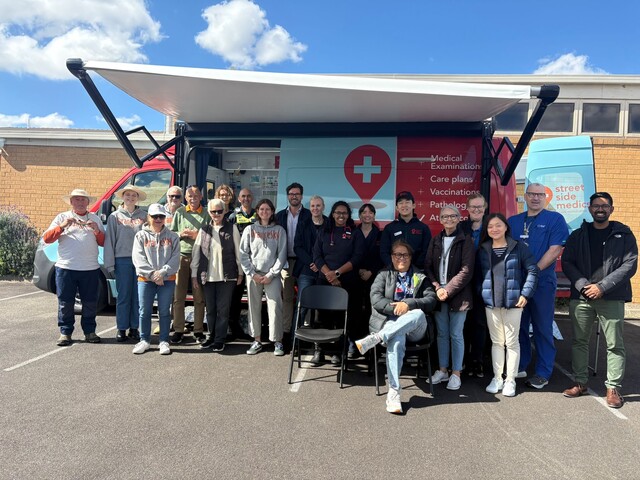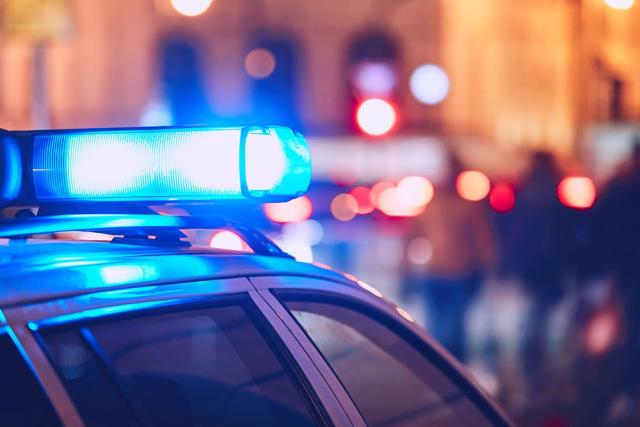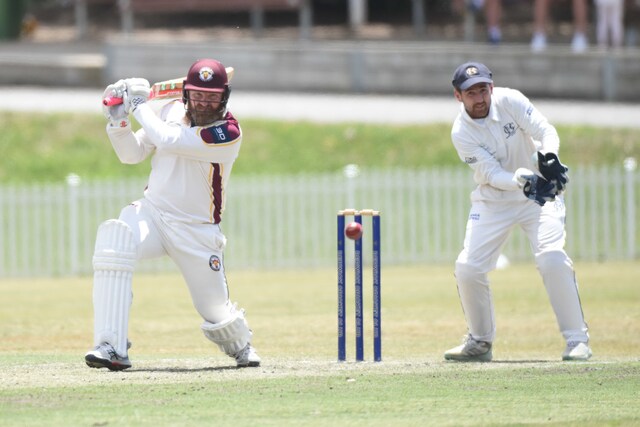Victorian fire services are urging householders to make fire safety in the garage a vital home project as the colder months wrap up, with this winter prompting officials to urge residents to clean up potential hazards and install fire alarms.
The occurrence of garage fires across the state led Fire Rescue Victoria and the Country Fire Authority to remind residents that fires can quickly take gold in garages, according to Deputy Commissioner Community Safety Joshue Fischer.
Due to items such as gas cylinders, petrol cans, lithium-ion batteries and other chemicals, Deputy Fischer said “fires that start in garages can spread to your family home in a matter of minutes”.
“As many houses are designed with adjoining garages, it makes sense to ensure that your garage has a working smoke alarm installed.
“It’s worth inspecting the condition of the electrical items in your garage and if you see any damage, disconnect them from the power and ensure repairs are done by a certified tradesperson.
“If you have items powered by lithium-ion batteries, such as power tools, e-scooters and e-bikes, only use the chargers and cords originally supplied with that device and check for any damage,” he said.
Cleaning out clutter from the garage is also key, so if a fire were to break out, it would be less likely to spread.
CFA chief officer Jason Heffernan said in 2023 that CFA firefighters responded to 51 house fires that began in the garage car port or vehicle storage area, compared to around 28 in 2022.
“The main cause of these fires was mechanical failure, often involving electrical equipment,” CO Heffernan said.
“We recommend installing an interconnected smoke alarm in your garage if it’s attached to your house.
“It’s also advisable to put smoke alarms in rooms where you charge devices and equipment, as they have the potential to catch alight – and this includes your garage.”
In further details, safety tips include:
Turning off all electrical appliances at the wall when they’re not being used to reduce the risk of electrical fires starting.
They should not use faulty or damaged cords or equipment and regularly check for damage as they can start a fire.
For lithium-ion batteries:
Not leaving charging devices unattended;
Avoid charging batteries or devices overnight and
Avoid leaving batteries or devices unattended while they are on charge.
Only using chargers that meet Australian Standards – look for the Regulatory Compliance Mark
Make sure your charger is the correct voltage for the device
Check that your charger, power socket and cables are in good condition.
Make sure that your equipment isn’t overheating or showing signs of damage.
Unplug the device when it finishes charging.
Charge larger devices, like e-bikes and e-scooters away from doorways so there is a way to get out if a fire starts.
For storage:
Remove rubbish and clutter to make your home more fire-safe.
Keep chemicals and petrol away from fire and other heat sources, and away from children.
Make sure you wash any rags or containers that have come into contact with chemicals or petrol after use, and before throwing in the rubbish; even tiny traces or just the fumes from the chemicals can start a fire.

